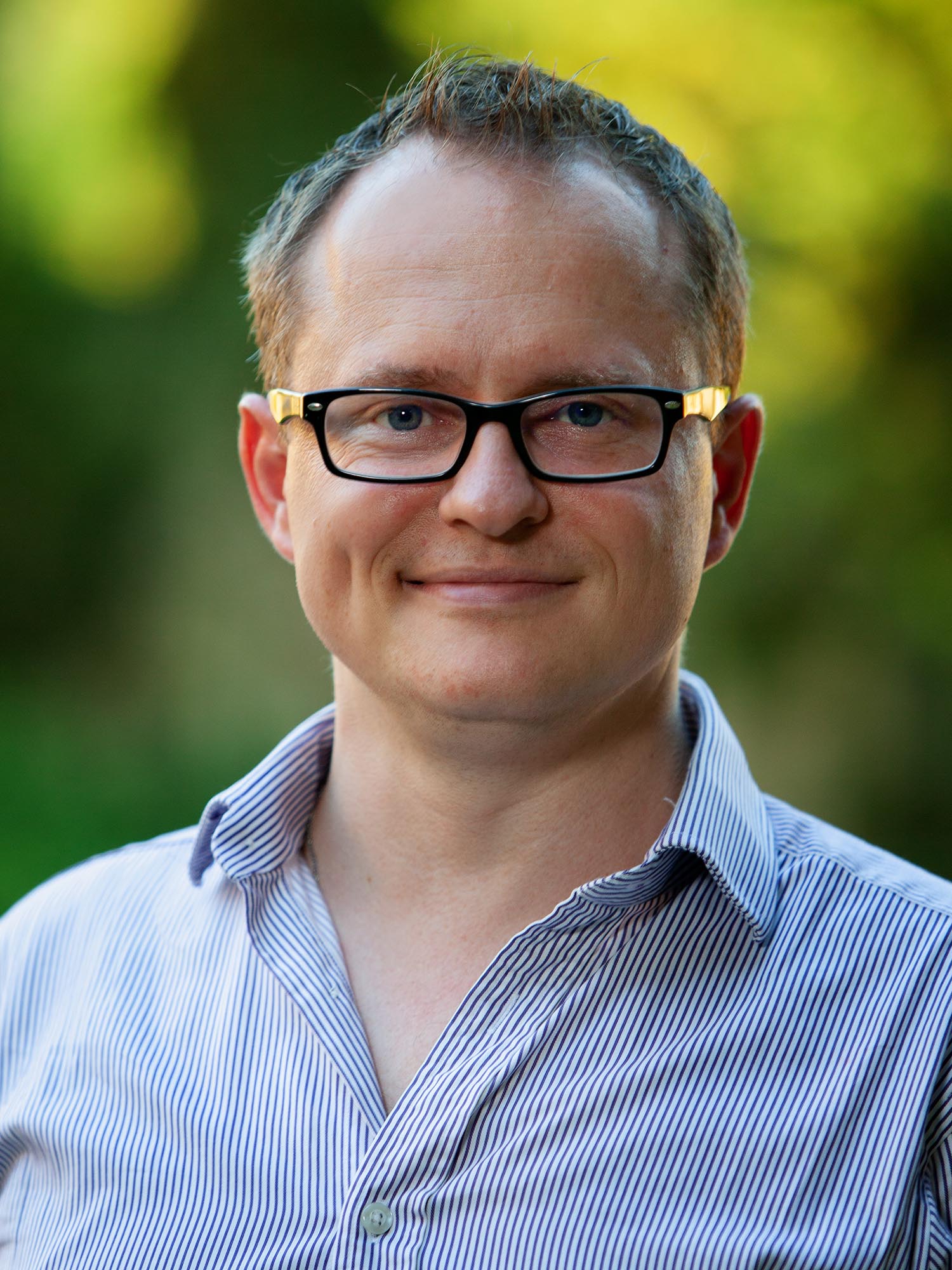Formal and Informal Governance in the UN Peacebuilding Commission
Post-conflict peacebuilding — understood as efforts undertaken at the end of a civil war to create conditions under which peace is consolidated and violence will not recur (Boutros-Ghali 1992: 15) — has traditionally been a matter of states and intergovernmental organizations (IGOs).1 National governments consult with their international partners to develop and implement projects aimed at the political, economic, and social reconstruction of war-torn societies. Non-state actors, particularly local civil society organizations and armed groups, are usually considered addressees of post-conflict recovery programs. The new generation of peacebuilding operations, however, goes beyond this intergovernmental approach (Otobo 2009, Paris 2009, Paris and Sisk 2009). Not only a variety of actors including the United Nations (UN) but also many Western governments and donor organizations have acknowledged that the exclusion of non-state actors is problematic, and they have started to promote local ownership as a new guiding principle of post-conflict governance (e.g. OECD Paris Declaration 2005). As a result, there has been a rapid growth in the involvement of non-state actors in post-conflict peacebuilding both at the international and domestic level. The frequency, scope, and depth of non-state-actor involvement has changed, ranging from assistance in the implementation of projects to participation in decision-making and monitoring.
